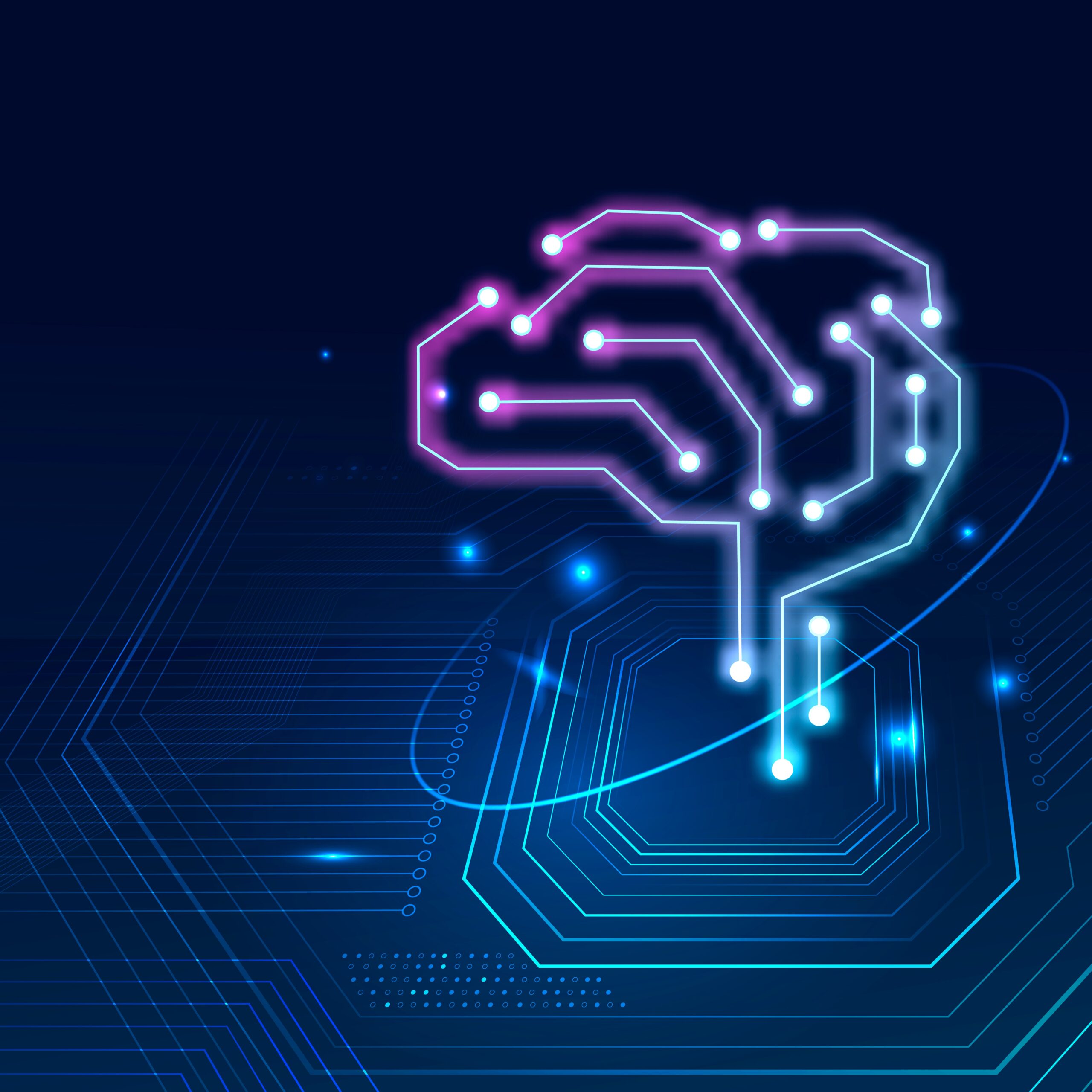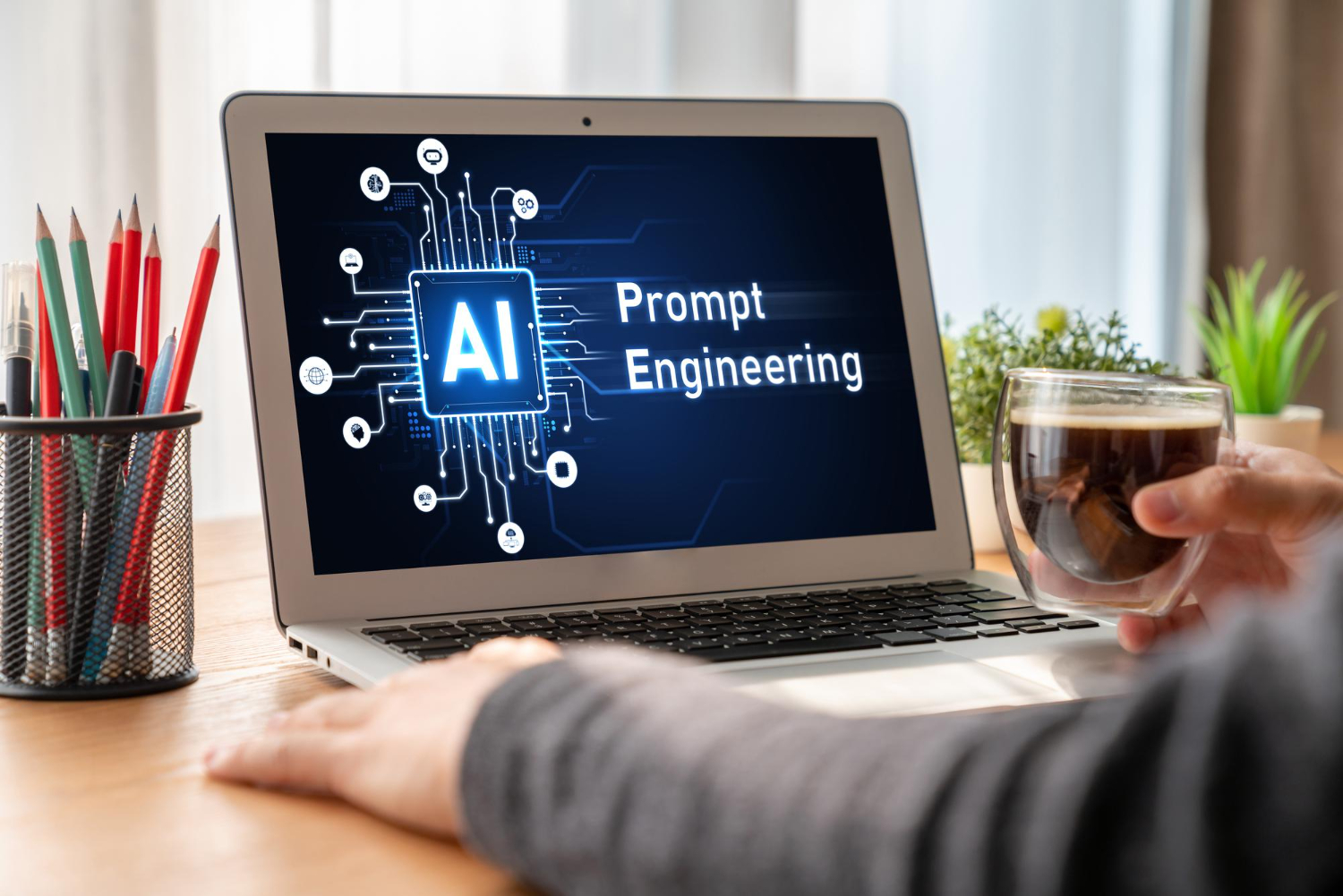Introduction
In today’s hyper-competitive market, businesses strive to stand out by delivering personalized experiences to their customers. Traditional, one-size-fits-all marketing approaches are no longer effective in capturing the attention of increasingly discerning consumers. This is where machine learning steps in, revolutionizing the way marketers tailor their strategies to individual preferences and behaviors. In this article, we delve into the power of machine learning in crafting personalized marketing strategies that drive engagement, loyalty, and ultimately, revenue growth.
Understanding Personalized Marketing with Machine Learning
Personalized marketing is all about delivering relevant content, offers, and recommendations to each customer based on their unique characteristics, preferences, and past interactions with the brand. It goes beyond basic segmentation to create hyper-targeted campaigns that resonate with individual consumers on a personal level. By leveraging data insights, businesses can anticipate customer needs, predict future behavior, and deliver timely, meaningful messages that enhance the overall customer experience.
The Role of Machine Learning: Machine learning plays a pivotal role in unlocking the full potential of personalized marketing. Unlike traditional rule-based approaches, machine learning algorithms analyze vast amounts of data to identify patterns, trends, and correlations that would be impossible for humans to detect manually. By continuously learning from new data, these algorithms can refine their predictions and recommendations over time, ensuring marketing efforts remain relevant and effective in an ever-evolving landscape.
- Data Collection and Integration: Effective personalized marketing begins with comprehensive data collection and integration. Businesses gather data from various sources, including website interactions, purchase history, social media activity, and demographic information. Machine learning algorithms then consolidate and analyze this data to build detailed customer profiles, uncovering insights into individual preferences, behaviors, and purchase intent.Also learn few ML techniques here
- Customer Segmentation: Segmentation is the foundation of personalized marketing, allowing businesses to divide their customer base into distinct groups with shared characteristics and needs. Machine learning enhances traditional segmentation techniques by enabling dynamic, real-time segmentation based on evolving customer behavior. By clustering customers into micro-segments, businesses can tailor their marketing messages with precision, ensuring relevance and resonance across diverse audience segments.
- Predictive Analytics: Predictive analytics is another key application of machine learning in personalized marketing. By leveraging historical data, machine learning algorithms can forecast future customer behavior, such as purchase likelihood, product preferences, and churn risk. Armed with these insights, businesses can proactively target high-value customers with personalized offers and incentives, mitigate churn through targeted retention strategies, and optimize marketing spend for maximum ROI.
- Content Personalization: Content personalization is essential for capturing and retaining customer attention in today’s crowded digital landscape. Machine learning algorithms analyze customer preferences, browsing history, and engagement patterns to deliver tailored content recommendations across various touchpoints, including websites, email campaigns, and digital ads. Whether it’s product recommendations, personalized email subject lines, or dynamic website content, machine learning enables businesses to deliver the right message to the right customer at the right time.
- Marketing Automation: Marketing automation platforms powered by machine learning streamline the execution of personalized marketing campaigns, enabling businesses to scale their efforts while maintaining relevance and effectiveness. These platforms automate routine tasks such as email scheduling, ad targeting, and content delivery, while machine learning algorithms (refer here ) optimize campaign performance in real-time based on ongoing feedback and performance metrics.
Case Studies
To illustrate the real-world impact of machine learning in personalized marketing, let’s explore two case studies:
Case Study 1: Amazon Amazon, the e-commerce giant, is renowned for its personalized shopping experience powered by machine learning. By analyzing billions of customer interactions and purchase history, Amazon delivers personalized product recommendations, customized email campaigns, and targeted promotions tailored to individual preferences. As a result, Amazon has achieved remarkable customer loyalty and retention, driving significant revenue growth year after year.
Case Study 2: Spotify Spotify, the music streaming service, leverages machine learning to curate personalized playlists and recommendations for its users. By analyzing listening habits, user preferences, and social connections, Spotify delivers a highly personalized music discovery experience that keeps users engaged and loyal to the platform. This personalized approach has enabled Spotify to differentiate itself in a crowded market and maintain its position as a leader in the music streaming industry.
Conclusion
Machine learning in personalized marketing has revolutionized the way businesses approach personalized marketing, empowering them to deliver relevant, timely, and engaging experiences to their customers. By leveraging data insights, predictive analytics, and automation, businesses can create hyper-targeted campaigns that resonate with individual preferences and drive meaningful interactions throughout the customer journey. As the era of mass customization continues to evolve, machine learning will remain a cornerstone of personalized marketing strategies, enabling businesses to stay ahead of the curve and deliver exceptional experiences that foster loyalty and drive revenue growth.
FAQ
- What types of data are used for personalized marketing with machine learning?
- Machine learning algorithms analyze various types of data, including customer demographics, purchase history, website interactions, social media activity, and more. These data sources provide valuable insights into individual preferences, behaviors, and purchase intent, enabling businesses to create hyper-targeted marketing campaigns.
- How does machine learning enhance traditional customer segmentation methods?
- Traditional customer segmentation methods often rely on static criteria such as demographics or purchase history. Machine learning algorithms, on the other hand, can dynamically segment customers based on evolving behavior patterns and preferences. By clustering customers into micro-segments, businesses can tailor their marketing messages with precision, ensuring relevance and resonance across diverse audience segments.
- What role does predictive analytics play in personalized marketing?
- Predictive analytics leverages machine learning to forecast future customer behavior, such as purchase likelihood, product preferences, and churn risk. By analyzing historical data, machine learning algorithms can identify patterns and trends that predict future outcomes. This enables businesses to proactively target high-value customers with personalized offers, mitigate churn through targeted retention strategies, and optimize marketing spend for maximum ROI.
- How does content personalization improve customer engagement?
- Content personalization involves delivering tailored content recommendations based on individual preferences, browsing history, and engagement patterns. Machine learning algorithms analyze these data points to predict which content will resonate most with each customer. By delivering personalized content across various touchpoints, including websites, email campaigns, and digital ads, businesses can capture and retain customer attention in today’s crowded digital landscape.
- What are the benefits of using marketing automation platforms powered by machine learning?
- Marketing automation platforms streamline the execution of personalized marketing campaigns by automating routine tasks such as email scheduling, ad targeting, and content delivery. Machine learning algorithms optimize campaign performance in real-time based on ongoing feedback and performance metrics, ensuring relevance and effectiveness. This enables businesses to scale their personalized marketing efforts while maintaining efficiency and maximizing ROI.







